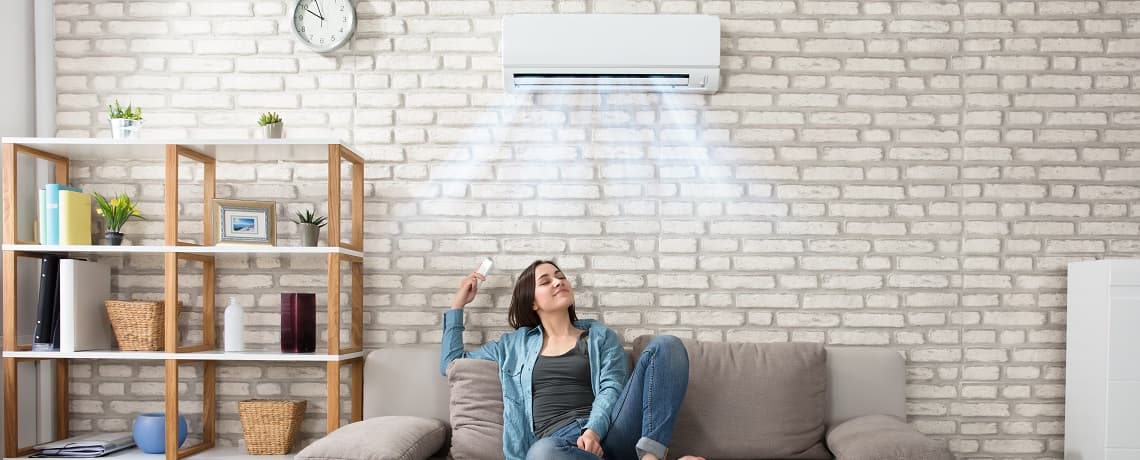You’ll definitely need an air conditioner to cool a room without a central AC system. However, deciding between window air conditioners and a floor standing air conditioner is usually less straightforward. This summer, more people visited our floor standing air conditioners guide than our window air conditioners guide, which is impressive given that the more expensive portables have long been considered a last resort. However, recent advancements in this market have brought the top models closer to window units in terms of performance. Portables also have a few other advantages that make them worth considering. Here’s how to figure out which is the best option for you.
Easy to Place
The lack of appropriate windows is the most common reason for individuals to seek elsewhere. You’ll need unobstructed single- or double-hung windows, or the kind that slides up and down without a crank or a horizontal movement—for a window unit to work properly. Therefore, having a portable AC proves beneficial as it can be placed anywhere, irrespective of window type.
Building Rules
Certain windows often come with specific challenges. For example, many people are unable to install a window air conditioner due to HOA or other building regulations. Therefore, they must rely on a portable air conditioner.
Mobility
Having casters makes portable AC units easier to transport from one place to another. Weight-wise they are similar to window AC units, but given their mobility feature, moving them around is much easier.
Offers Little Floor Space
Portable air conditioners, unlike window units, are installed inside the room they are cooling. While they are often unsightly and take up valuable floor space, this may not be an issue in a quiet environment. Their design allows for some placement flexibility, as the air may be directed in several directions rather than always flowing straight out the window. However, portable devices must be near a window because most expandable exhaust hoses are limited to about six feet in length, and manufacturers recommend keeping the tube as short and straight as possible. You’ll need a nearby electrical outlet—without the need of an extension cord—just like a window unit and being able to reposition the portable a few inches can make all the difference in a space with few outlets.
Spot Cooling
Many people use portable air conditioners when their current or central air conditioning breaks down. In cases where the home’s AC cooling unit does not allow you to cool the attic, a workshop, or a sunroom, portable air conditioning is a great solution. You can also use a free standing air conditioner as an emergency backup if your central AC breaks down during a heatwave.
html


